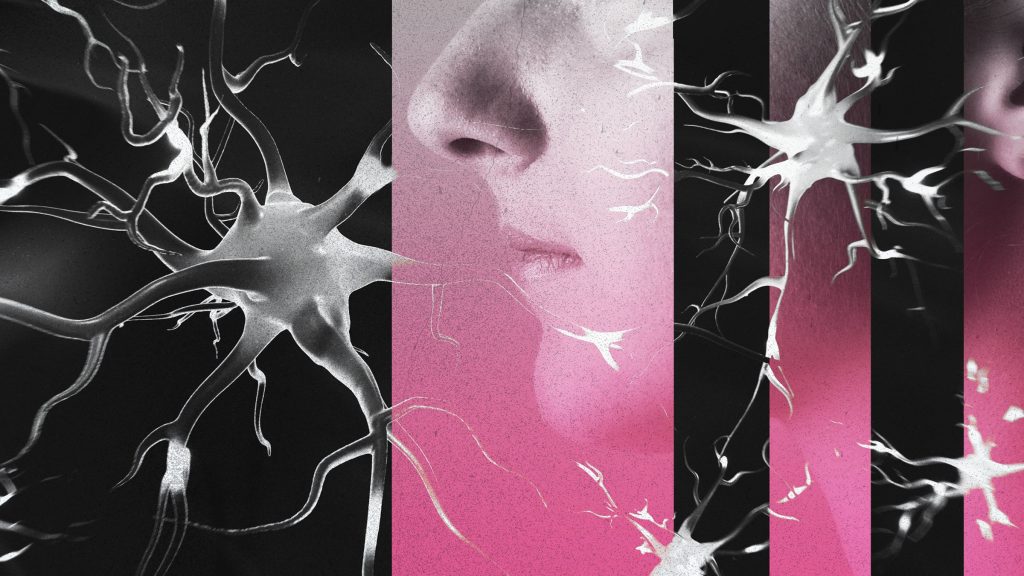A Key to Detecting Brain Disease Earlier Than Ever
Advances in medical technology have given researchers a key to detecting brain diseases earlier than ever before. By using neuroimaging techniques such as MRI or PET scans, doctors...

Advances in medical technology have given researchers a key to detecting brain diseases earlier than ever before. By using neuroimaging techniques such as MRI or PET scans, doctors can now identify signs of neurodegenerative diseases like Alzheimer’s or Parkinson’s much sooner than in the past.
Early detection is crucial in the treatment of brain diseases, as it allows for interventions to slow down or even stop the progression of the disease. This can greatly improve a patient’s quality of life and increase their chances of successful treatment.
Researchers are also exploring the use of biomarkers in blood or cerebrospinal fluid to detect brain diseases at an even earlier stage. These biomarkers can give doctors valuable information about a patient’s neurological health and help guide treatment decisions.
Detecting brain disease early can also have a significant impact on research efforts to find a cure. By identifying patients in the earliest stages of a disease, researchers can study how the disease progresses and develop new treatments to target it at its roots.
While early detection offers many benefits, there are still challenges to overcome. Some brain diseases can be difficult to diagnose in their early stages, and not all patients have access to the latest neuroimaging technology.
However, with ongoing advancements in medical research and technology, the future looks promising for detecting brain diseases earlier than ever before. By continuing to invest in research and improving access to cutting-edge diagnostic tools, we can make significant strides in early detection and treatment of brain diseases.






